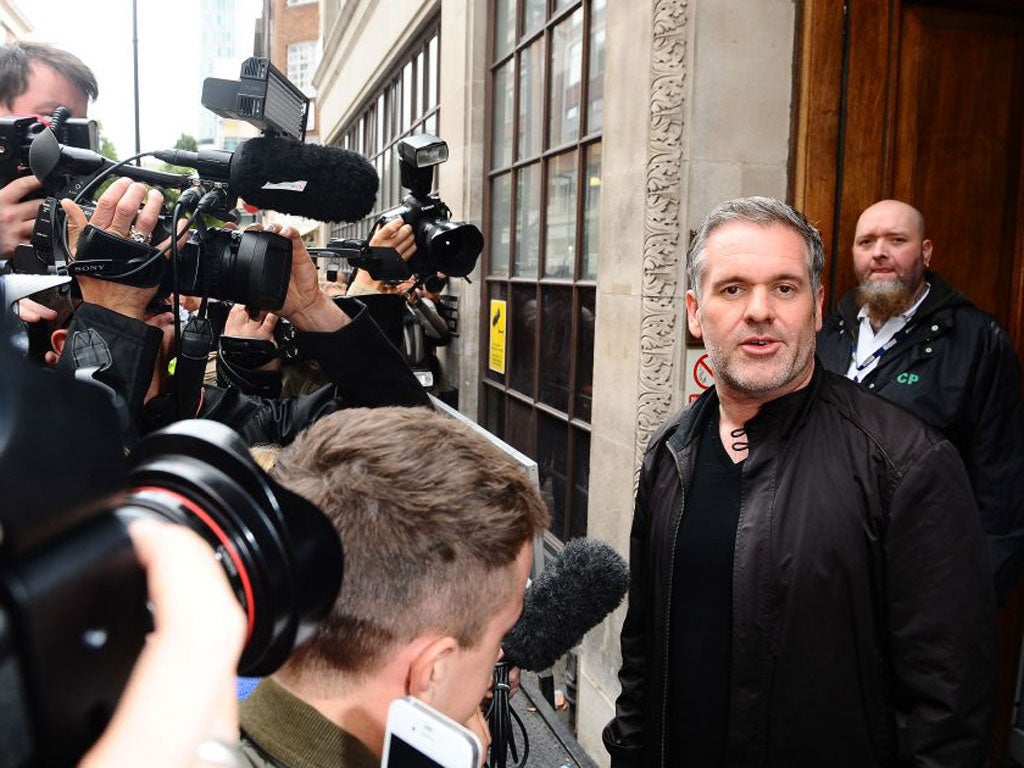Radio 4's Today programme beats Radio 1's breakfast show in latest Rajar listener figures

Your support helps us to tell the story
From reproductive rights to climate change to Big Tech, The Independent is on the ground when the story is developing. Whether it's investigating the financials of Elon Musk's pro-Trump PAC or producing our latest documentary, 'The A Word', which shines a light on the American women fighting for reproductive rights, we know how important it is to parse out the facts from the messaging.
At such a critical moment in US history, we need reporters on the ground. Your donation allows us to keep sending journalists to speak to both sides of the story.
The Independent is trusted by Americans across the entire political spectrum. And unlike many other quality news outlets, we choose not to lock Americans out of our reporting and analysis with paywalls. We believe quality journalism should be available to everyone, paid for by those who can afford it.
Your support makes all the difference.Outgoing breakfast host Chris Moyles bowed out with fewer listeners than John Humphrys, after his Radio 1 show was beaten by Radio 4's Today programme.
The self-styled "saviour of Radio 1" went out on a low as his audience dipped to its lowest level for more than six years.
He finished on 6.73 million after losing 200,000 listeners in a quarter as he ended his eight-and-a-half year run on the breakfast show last month.
But the highbrow, agenda-setting Today programme - presented by figures such as Humphrys and James Naughtie - enjoyed the reverse, as it piled on 200,000 in three months.
It achieved 6.94 million listeners aged 15-plus according to the latest radio audience figures issued by industry body Rajar.
Moyles hosted his last breakfast slot a month ago before heading into the cast of Jesus Christ Superstar, and Radio 1 has yet to announce plans for any future shows.
He is still signed to the station although he is not being paid while he is not on air.
Moyles was replaced by Nick Grimshaw as the station sought to bring in a younger audience after criticisms that the average age of listeners was higher than its target range.
His final audience was at its lowest since early 2006.
Radio 2's Chris Evans saw his audience plunge by more than 400,000 in the summer months although he still managed to draw 8.55 million to continue to be way out in front as the biggest breakfast DJ.
His station lost half a million listeners over the period but with 13.9 million, is still the biggest in the UK.
Despite the huge summer of sport as London hosted the Olympics, the BBC's specialist news and sports station 5 Live - together with sister station Sports Extra - saw its audience drop slightly both quarter on quarter and year on year with a combined audience of 6.23 million.
But for the Olympic fortnight, the stations - plus a temporary Olympic station - saw the audience grow to 7.77 million.
Digital station Radio 6 Music - which was under threat of closure in 2010 - saw its audience hit a record high with 1.62 million.
Prior to being earmarked for the axe, a threat which was eventually dropped, it was being heard by 695,000 listeners.
Another digital station briefly under threat, the Asian Network, also reached a record high of 584,000, and Radio 4 Extra also recorded its best figures with 1.7 million listeners each week.
And Radio 4 achieved its second highest ever audience figure with 10.85 million listeners tuning in weekly, up more than 300,000 over the quarter to September.
It is only 9,000 listeners behind its record high in the spring of last year.
The BBC's director of audio and music, Tim Davie, said: "It's encouraging to see that the radio industry as a whole is in good health and impressive that it has held up over the Olympic summer.
"I'm thrilled that, despite there being so much competition for people's time and attention, three of our digital stations have hit record highs."
PA
Join our commenting forum
Join thought-provoking conversations, follow other Independent readers and see their replies
Comments